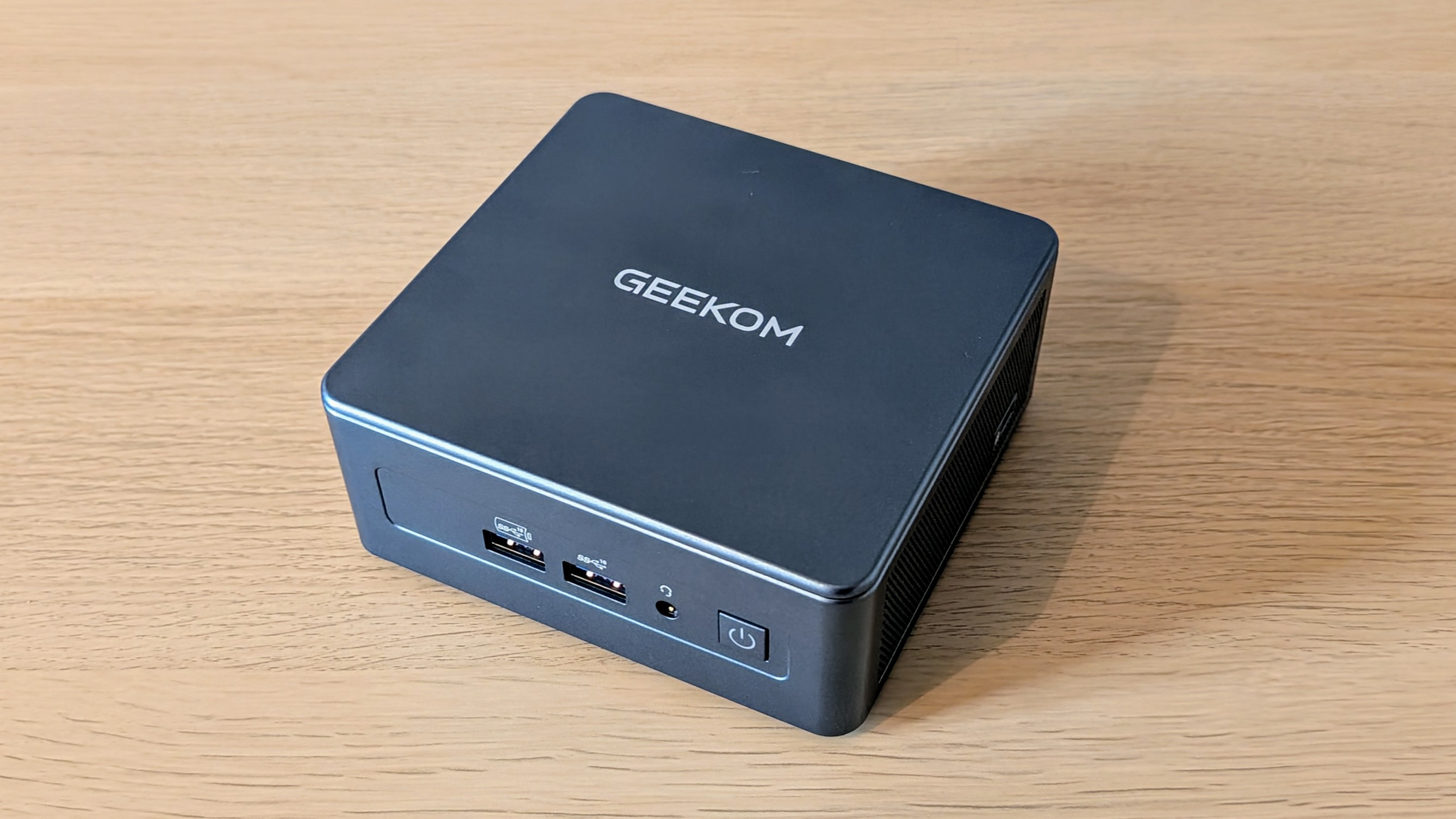hVault unveils holographic storage
The US start-up claims the high density storage could have a lifetime of over 50 years.


Holographic storage has become a reality, according to a start-up that launched its product in the US this week.
hVault claims its holographic disk storage system will offer companies a new archiving technology with a lifespan of more than 50 years.
There is no other technology that comes close to the benefits of holographic storage for active archive applications.
Holographic storage uses lasers to write and extract data rather than magnetic tape. By using lasers, tapes and hard drives are not as damaged as they are by magnets, meaning the data can be written many more times and is resistant to changes in temperature, humidity and electro-magnetic fields.
The company claims this technology is perfecting for archiving, enabling customers with high density video needs or large scale organisations including Government and healthcare to have all the capacity they need and the security of a long term archiving solution.
"The vastly expanding storage needs of the professional video industry have dictated migrating to a secure, long-life format, and holographic storage is the benchmark for archival video storage," said Bland McCartha, vice president of sales for hVault.
"The characteristics of our library systems will enable companies who have already digitised their content, as well as the vast collections of analogue video that still require digitisation, to safely store their content and provide rapid access for monetisation of that archival content. There is no other technology that comes close to the benefits of holographic storage for active archive applications."
Get the ITPro daily newsletter
Sign up today and you will receive a free copy of our Future Focus 2025 report - the leading guidance on AI, cybersecurity and other IT challenges as per 700+ senior executives
On top of this, hVault said the total cost of ownership would be slashed as the systems only need to be replaced every 50 years rather than every two to three years with magnetic storage and power consumption would be significantly reduced to 1/100th of current deployments.
hVault chose to launch the company at this week's National Association of Broadcaster's (NAB's) conference in Las Vegas to target video customers.
We contacted the firm to find out when the first systems would launch in the UK, but it had not responded to our request at the time of publication.
This is not the first time lasers have been introduced to storage systems to improve performance.
Back in February, researchers from the University of York claimed using an additional third magnetic in typical storage could speed up the time to write data through heat, and planned on introducing a laser to do this task as the next stage.
Jennifer Scott is a former freelance journalist and currently political reporter for Sky News. She has a varied writing history, having started her career at Dennis Publishing, working in various roles across its business technology titles, including ITPro. Jennifer has specialised in a number of areas over the years and has produced a wealth of content for ITPro, focusing largely on data storage, networking, cloud computing, and telecommunications.
Most recently Jennifer has turned her skills to the political sphere and broadcast journalism, where she has worked for the BBC as a political reporter, before moving to Sky News.
-
 Geekom Mini IT13 Review
Geekom Mini IT13 ReviewReviews It may only be a mild update for the Mini IT13, but a more potent CPU has made a good mini PC just that little bit better
By Alun Taylor
-
 Why AI researchers are turning to nature for inspiration
Why AI researchers are turning to nature for inspirationIn-depth From ant colonies to neural networks, researchers are looking to nature to build more efficient, adaptable, and resilient systems
By David Howell